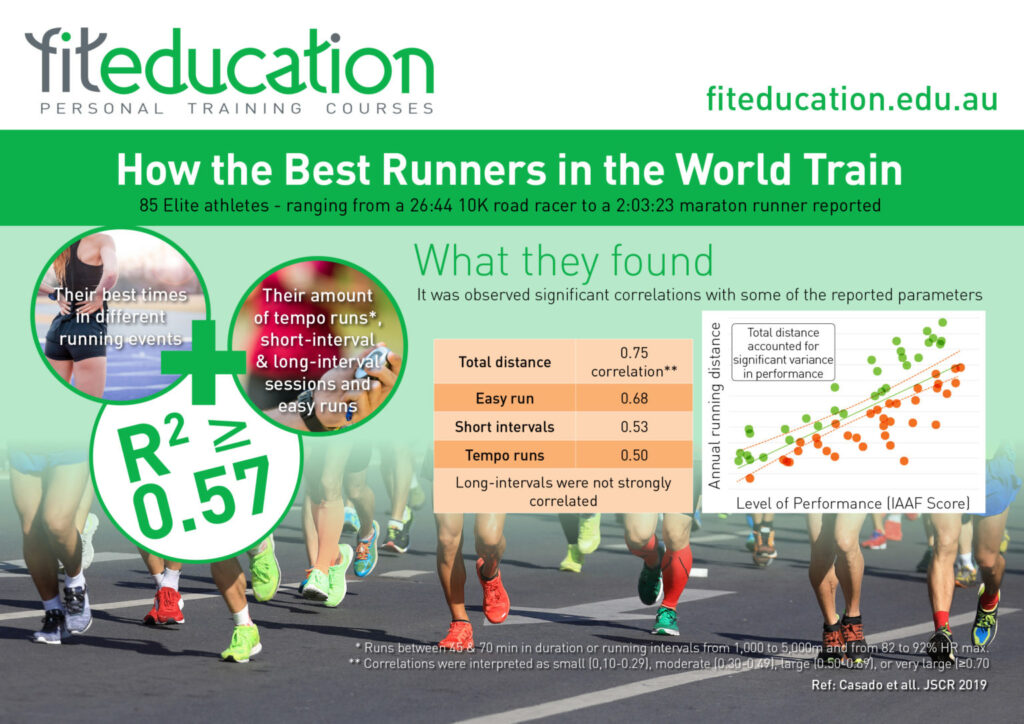
Chris Wardlaw – dual Olympian and distance coach uses 12 Basic Principles as a checklist for any training program from 800m through to a Marathon. It is always worth checking and re-checking these. Obviously there needs to be variations depending on the distance to be raced, the time of year, key competitions and lifestyle considerations. These are Chris Wardlaw’s 12 Training Principles for Runners.
Principle 1 – Run long at least once a week
This can be an hour for some, 2½ hours for others depending on the athlete, event and stage of development. Why? Long running develops aerobic endurance, musculo skeletal strength and rhythm / cadence which is so essential for the optimal stride length for the athlete at the required speed.
Principle 2 – Run long again during the week
See Principle 1. This run would be 20 – 30% shorter than the long run.
Principle 3 – Think in one to two year programs
So many athletes think in day to day planning or weekly. So often I hear athletes say they have put together 3 weeks. Real development comes from long strings of continuity in training.
Principle 4 – You need to be ‘fit’ in order to ‘train’
Many, many athletes in middle distance do not get fit enough through steady continuous running to do ‘sessions’. All training is ‘sessions’. The training elements in Principles 1 and 2 are the main sessions in a week!
Principle 5 – Use the environment
Don’t hesitate to run over hills, rough ground, grass, footpaths and tracks. All the varied surfaces strengthens the musculo skeletal aspects of the athlete. Fartlek can be as beneficial as being on the track. Training on less than perfect surfaces makes putting on spikes at the track for a race a so much better ‘feel’.
Principle 6 – Avoid Injury
If you follow the first 5 principles you will lower the risk of injury. Injury breaks continuity …fitness is harder to build…training is then dangerous. Training through an injury is madness. Days off early when an injury is present can save months later. If something does not warm up then…stop.
Principle 7 – Travel light
Gravity does not ever give up. One or two kilograms can make an incredible difference to an athlete’s performance.
Principle 8 – Look after yourself
The greatest enemy to fitness is lack of regular sleep. Eat well. Rest is training! Female athletes must be rigorous in managing their iron etc.
Principle 9 – The hard-easy principle is found in every good program
Belt yourself each day in training and you will not get to the level you should. Recovery training is as much a part of training as a set of 400s the day before. 400s for fitness, 200s for form is a variant on this principle.
Principle 10 – Plan the way ahead
Often athletes start with tomorrow’s training or next week’s race rather than looking to the goal ahead and working backwards. Rick Cooke will explain goal displacement in a future issue!! If you start at the goal next week’s race may not be the best thing to do.
Principle 11 – Beware the Super Session
I prefer to lower the risk and maximise the chances of getting to the line fit and ready by preaching moderate training (the ü factor) week upon week rather than creating a great diary entry but not getting to the line when you need to.
Principle 12 – Enjoy your running
And the last of Chris Wardlaw’s 12 Training Principles for Runners is to be demanding on yourself but don’t make it life or death. The sun will come up tomorrow!

If you found this article of use, you may also enjoy Gordon Pirie’s Laws Of Running,and Darn Well Jogging Around.
Learn more about running and endurance training in the Fit Education Diploma of Sport, and Diploma of Fitness.
